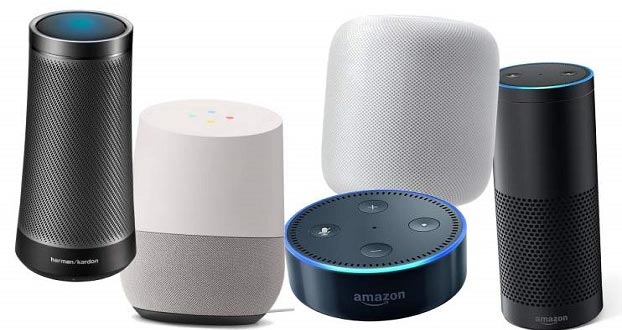Research: Women who use smart assistants are more polite than men
An interesting statistic conducted by the Pew Research Center shows that more than half of smart speaker owners in the United States (54%) occasionally say 'Please' (please - polite way of saying in English) with their AI assistants. While only nearly one fifth (19%) frequently say the word. However, it is worth noting that the level of politeness when interacting with the AI virtual assistant is clearly differentiated by gender. Specifically, 62% of women surveyed said they often said 'Please' while interacting with AI assistants, while the figure for men was only 45%.
Why is there such a deviation?
One assumption that is getting more agreement is that men tend to be 'less polite' to people who are lower than themselves or weaker than themselves, in many cases even with female. While most AI virtual assistants today have a default voice is female.
Indeed, many of the world's leading psychologists and anthropologists have long noted that directing an AI assistant to the image of a woman (of which voice is a factor), is wrong. mistakes, contributing to fixed gender bias. Scientists believe that the default voice of most AI assistants is that women accidentally send a signal that women . 'are obedient and always eager to serve and help others'. .
However, this disparity may also simply stem from the attitudes and habits of each gender when using technology. Many studies done in the past show that men feel more comfortable using technology products, as well as showing greater interest in owning a new device and this makes them invisible. Elves forget about being polite while interacting with technology, such as AI assistants.

Another question arises: Do we really need to be polite with AI assistants?
Some people argue, of course, that you don't need to say 'please' and 'thank you' to the virtual assistants because they're just machines, created with the sole purpose of serving people. However, many parents believe that if children behave rudely with virtual assistants, gradually that disrespect will become habit and negatively affect the formation of human personality. . Technology companies also agree with this view and have added bonus functions to children when they are polite to AI.
What do you think about this issue? Leave your comments in the comment section below!
You should read it
- ★ Finally the virtual assistant Google Assistant also officially launched on May 6, after the release of the trial version
- ★ 8 utilities that you can do with virtual assistant Google Assistant
- ★ Oppo launches exclusive virtual assistant capable of consulting, identifying, and recommending information
- ★ What is the virtual assistant on TV, which TV streams are integrated virtual assistants?
- ★ Instructions for installing Google Vietnamese virtual assistant on iPhone